-
2018.11.13
The purpose of this study was to evaluate the utility of cow’s milk components specific IgE levels in predicting clinical tolerance in patients with milk allergy. READ MORE
READ MORE -
2018.11.13
We report a case of an eleven years old girl who was referred to our Allergy Outpatient Clinic for the revaluation of a hazelnut allergy. During her infancy she was successfully desensitised to milk and egg. Afterward she had been followed by another Allergy Unit where, according to skin prick test and specific IgE dosage, it had been suggested to strictly avoid peanut and all treenuts, although clinical history was not suggestive of treenuts allergy. She was also provided with an auto-injectable adrenaline, due to the high risk of severe reactions to treenuts. No oral provocation test was performed to validate diagnosis and adrenaline prescription. READ MORE
READ MORE -
2018.11.13
Background: Accurate allergen quantification is needed to document the consistency of allergen extracts used for immunotherapy. Herein, we characterize the epitope specificities of two monoclonal antibodies used in an ELISA for the quantification of the major birch pollen allergen Bet v 1, established as a reference by the BSP090 European project.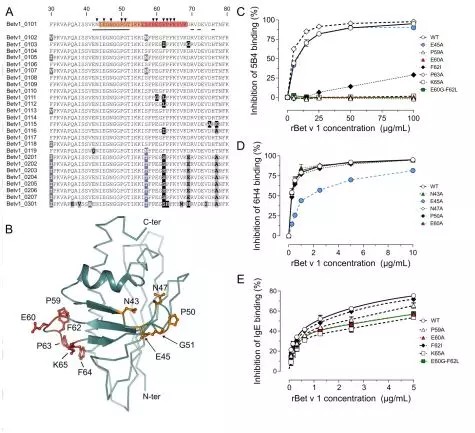 READ MORE
READ MORE -
2018.11.13
Background: Cat allergy is a major trigger of asthma worldwide. Molecular patterns of cat sensitisationvary between individuals, but their relationship to inflammation in asthmatics has not beenextensively studied. Methods: Patients with asthma (age 10−35 years; n=266) and IgE sensitisation to cat, dog or horse extract (ImmunoCAP), were analysed for IgE to the cat allergen components Fel d 1 (secretoglobin), Fel d 2 (serum albumin), Fel d 4 and Fel d 7 (lipocalins). Independent associations between IgE-antibody concentrations, and fraction of exhaled nitric oxide (FeNO), blood eosinophil (B-Eos) count, and total IgE were analysed by multiple linear regression after adjustment for possible confounders.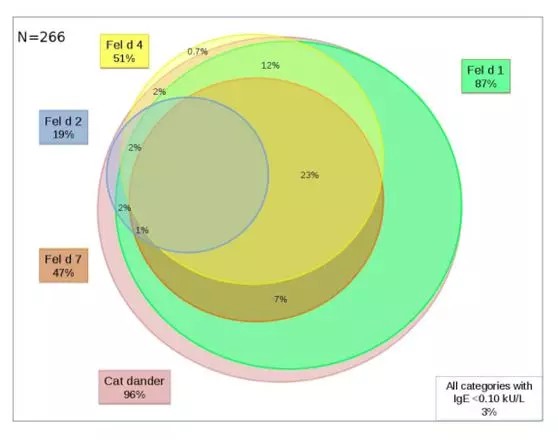 READ MORE
READ MORE -
2018.11.13
Background: Screening for specific IgE against 2S albumin proteins Ara h 2 and 6 has good positive predictive value in diagnosing peanut allergy. From the third 2S member Ara h 7, 3 isoforms have been identified. Their allergenicity has not been elucidated.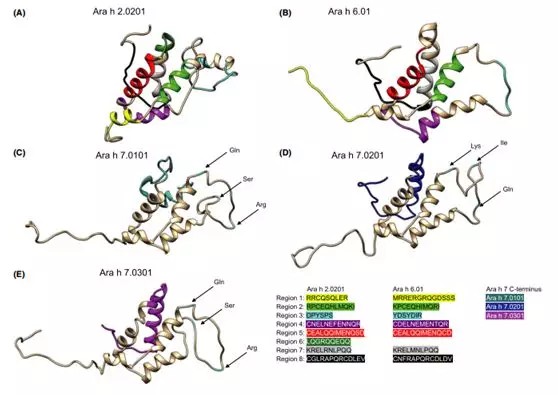 READ MORE
READ MORE -
2018.11.13
Background:Shellfish allergy is one of the commonest food allergies in the tropics. Methods:Serum allergen-specific IgE of 105 subjects were quantified using ImmunoCAP and ImmunoCAP ISAC biochips. The subjects were classified based on a convincing clinical history and food challenge testing (FC) (dose=70g) to Penaeus monodon and Litopenaeus vannamei. Group1A: Either SA with FC positive to either shrimp (n =22) or SA admitted to emergency departments for severe reactions but no FC performed (n=14) (total n=36); and Group1B: Reported SA with FC negative (n=31). Group2: Shellfish tolerant DM sensitized controls (n= 38). READ MORE
READ MORE -
2018.11.13
Background: MicroRNAs (miRNAs) may facilitate cell-to-cell communication via extracellular vesicles (EVs). The biological roles of miRNAs in EVs on allergic airway inflammation are unclear. Methods: Airway-secreted EVs (AEVs) were isolated from bronchoalveolar lavage fluid (BALF) of control and house-dust mite (HDM) allergen-exposed HDM-sensitized mice.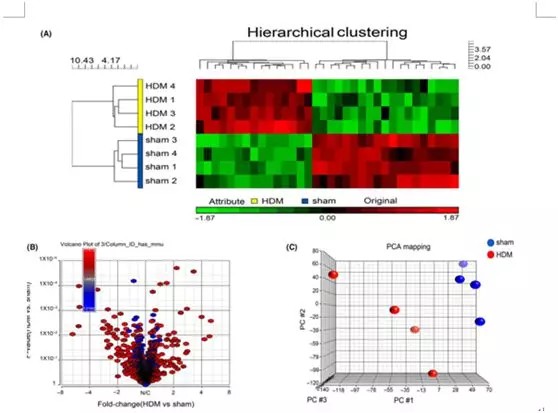 READ MORE
READ MORE -
2018.11.13
Dynamic establishment of the nasal microbiota in early life influences local mucosal immune responses and susceptibility to childhood respiratory disorders. READ MORE
READ MORE -
2018.11.13
DNA methylation profiles associated with childhood asthma might provide novel insights into disease pathogenesis. We did an epigenome-wide association study to assess methylation profiles associated with childhood asthma. READ MORE
READ MORE -
2018.11.13
Allergic diseases are on the rise in the Western world and well-known allergy protecting and -driving factors such as microbial and dietary exposure, pollution and smoking mediate their influence through alterations of the epigenetic landscape.Here, we review key facts on the involvement of epigenetic modifications in allergic diseases and summarize and critically evaluate the lessons learned from epigenome-wide association studies.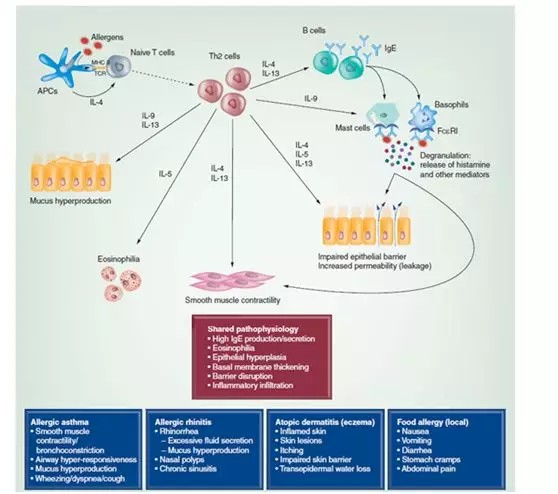 READ MORE
READ MORE -
2018.11.13
浙大迪迅Classical allergy diagnostic workup “from symptoms to molecules” comprises 1) clinical investigation, 2) skin prick- and IgE- testing, and recently, 3) molecular allergy testing. We aimed to examine the diagnostic fidelity of the alternative approach “from molecules to symptoms”, which was recently suggested in the EAACI Molecular Allergology User’s Guide, in a retrospective clinical study.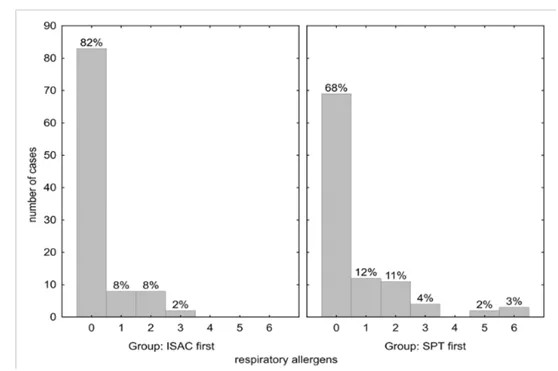 READ MORE
READ MORE -
2018.11.13
Background: Asthma is a chronic respiratory disease without a cure,although there exists spontaneous remission.Genome-wide association (GWA) studies have pinpointed genes associated with asthma development, but did not investigate asthma remission. READ MORE
READ MORE -
2018.11.13
Background: Previous studies have defined transcriptomic subtypes of adult asthma using samples of induced sputum and bronchial epithelium; however, those procedures are not readily applicable in the clinic,especially for childhood asthma.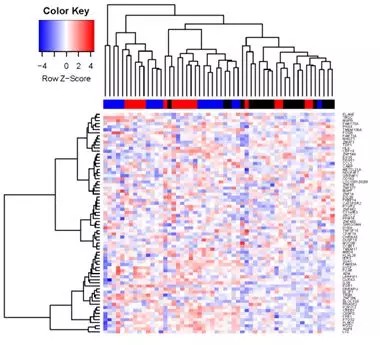 READ MORE
READ MORE -
2018.11.13
Cross-reactive carbohydrate determinants (CCDs) in plants and insect venoms are a common cause of irrelevant positive test results during in vitro allergy diagnosis. We observed that some CCD-positive sera show nonspecific IgE binding even with CCD-free recombinant allergens when using the Phadia ImmunoCAP platform.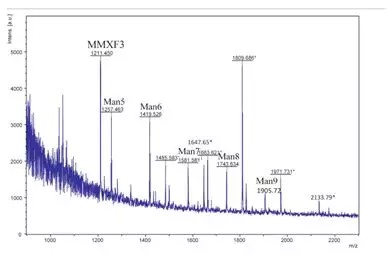 READ MORE
READ MORE -
2018.11.13
This review highlights advances in mechanisms of allergic disease, particularly type 2 innate lymphoid cells, TH2 lymphocytes, B cells, dendritic cells, microbiome and barrier function, eosinophils, and mast cells. During the last year, considerable progress has been made in the further characterization of type 2 inflammation controlled by both adaptive (TH2) and type 2 innate lymphoid effector cells. READ MORE
READ MORE -
2018.11.13
Allergic disease is characterized by marked day-night changes in the clinical symptoms and laboratory parameters of allergy. Recent reports suggest that the circadian clock, which drives a biological rhythm with a periodicity of approximately 24 hours in behavior and physiology, underpins a time of day–dependent variation in allergic reactions. New studies also suggest that disruption of clock activity not only influences temporal variation but can also enhance the severity of allergic reactions and even increase susceptibility to allergic disease. These findings suggest that the circadian clock is a potent regulator of allergic reactions that plays more than a simple circadian timekeeping role in allergy. READ MORE
READ MORE -
2018.11.13
IgE reactivity to antigens from Gram‐positive and Gram‐negative bacteria is common in patients suffering from respiratory and skin manifestations of allergy, but the routes and mechanisms of sensitization are not fully understood. The analysis of the genome, transcriptome and microbiome of house dust mites (HDM) has shown that Staphylococcus aureus (S. aureus) and Escherichia coli (E. coli) species are abundant bacteria within the HDM microbiome. Therefore, our aim was to investigate whether HDM are carriers of bacterial antigens leading to IgE sensitization in patients suffering from atopic dermatitis.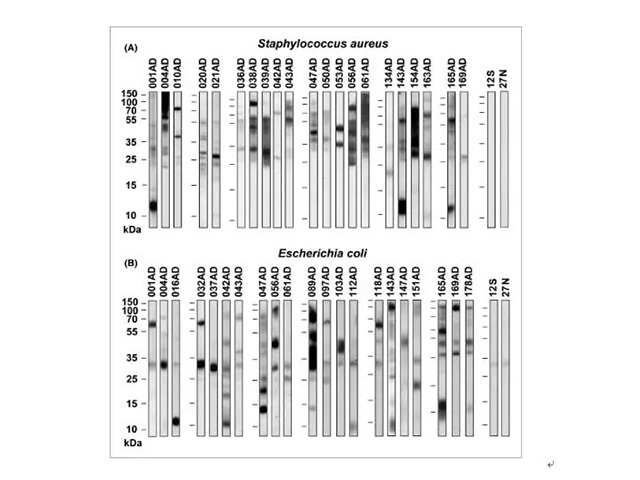 READ MORE
READ MORE -
2018.11.13
The food allergy epidemic of recent years has led to the search for safe and effective methods of immunotherapy for foods. Studies of epicutaneous immunotherapy (EPIT) in mice have shown promising safety and efficacy data. Murine models have also identified probable mechanisms for the development of tolerance to food allergens, including the induction of regulatory T cells. Clinical data is lacking, but relatively small and early studies among peanut and cow’s milk allergic subjects suggest that EPIT has an excellent safety profile,particularly compared to other methods of specific allergen immunotherapy.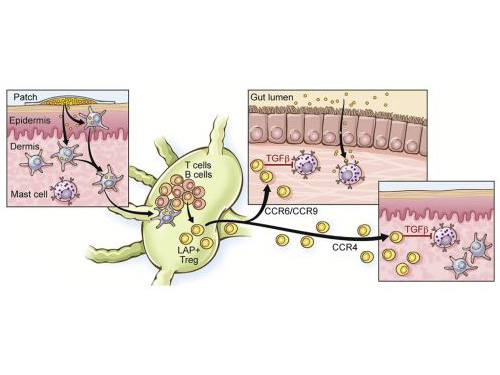 READ MORE
READ MORE -
2018.11.13
Food allergy naturally resolves in a proportion of food-allergic children without intervention; however the underlying mechanisms governing the persistence or resolution of food allergy in childhood are not understood.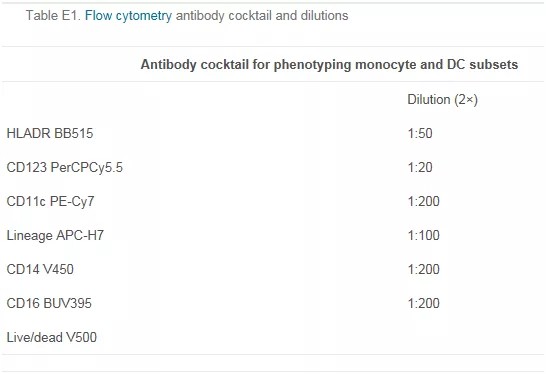 READ MORE
READ MORE -
2018.11.13
Food allergy is a common disease affecting approximately 8% of children and 5% of adults. The prevalence has increased over the last two decades, suggesting an important environmental contribution to susceptibility. Studies have identified mode of birth, pet exposure, and having older siblings as being significant risk modifying factors in the development of food allergy. With the discovery that these factors significantly impact the composition of the intestinal microbiome, which is known to play a critical role in shaping the immune system, recent studies have begun to address the role of the intestinal microbiota in the development of food allergy.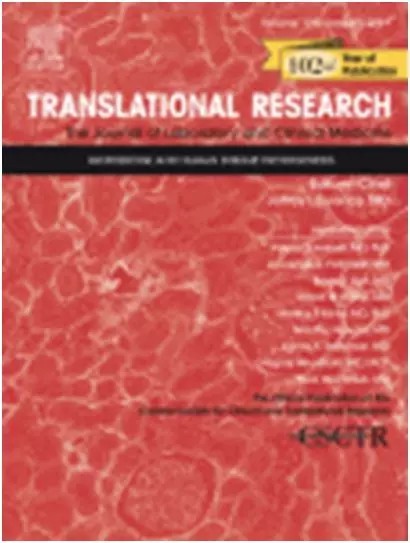 READ MORE
READ MORE
MK手机投注 | 安博·体育(中国)有限公司-官网 | 乐动官方网站 | 星空手机版 | 星空手机版 | mk体育(MKsports集团)股份公司 | 安博手机网页版登录入口 | 华体平台 | 千亿体育官网在线登录入口中国有限公司 |
 华亿体育(中国)游戏平台
华亿体育(中国)游戏平台
